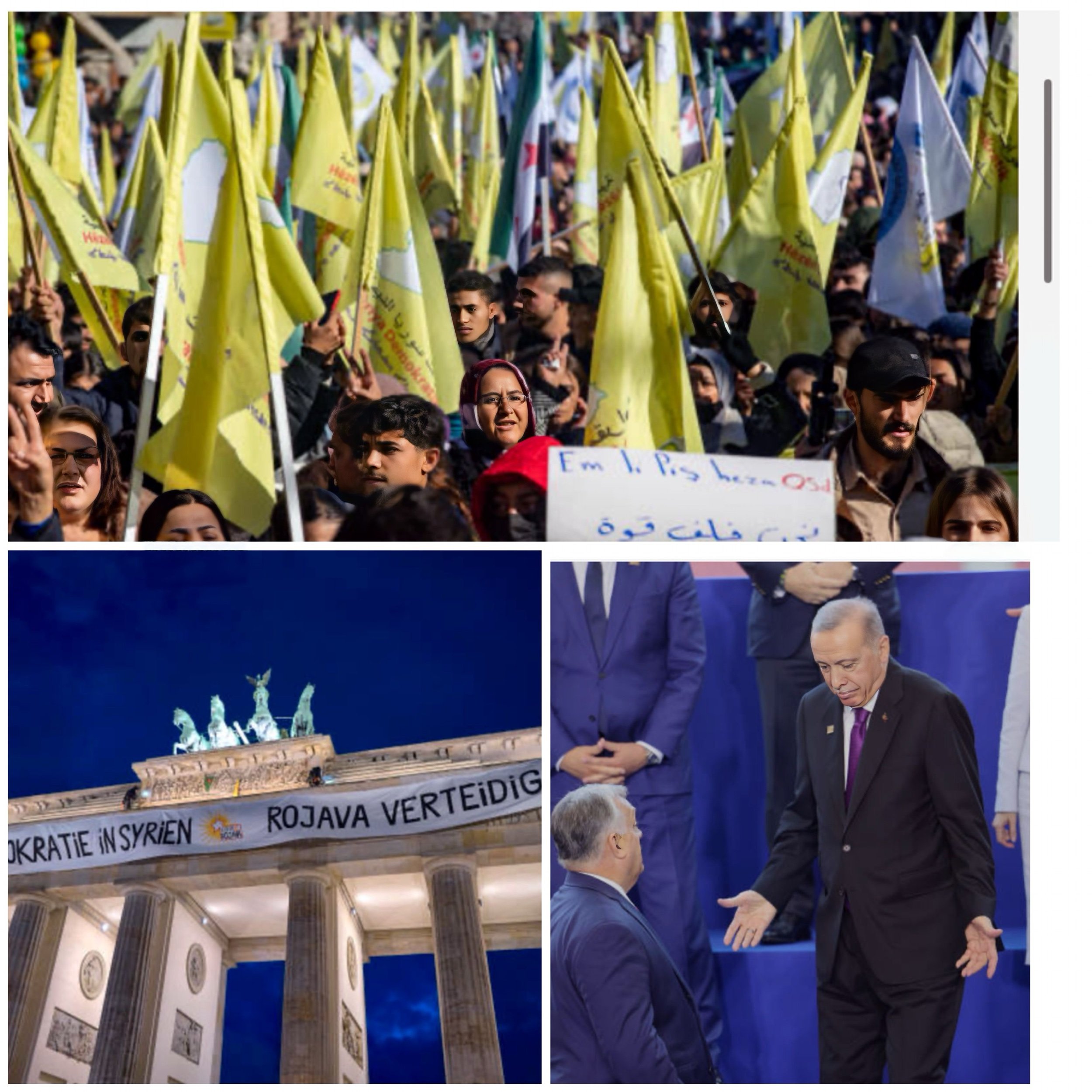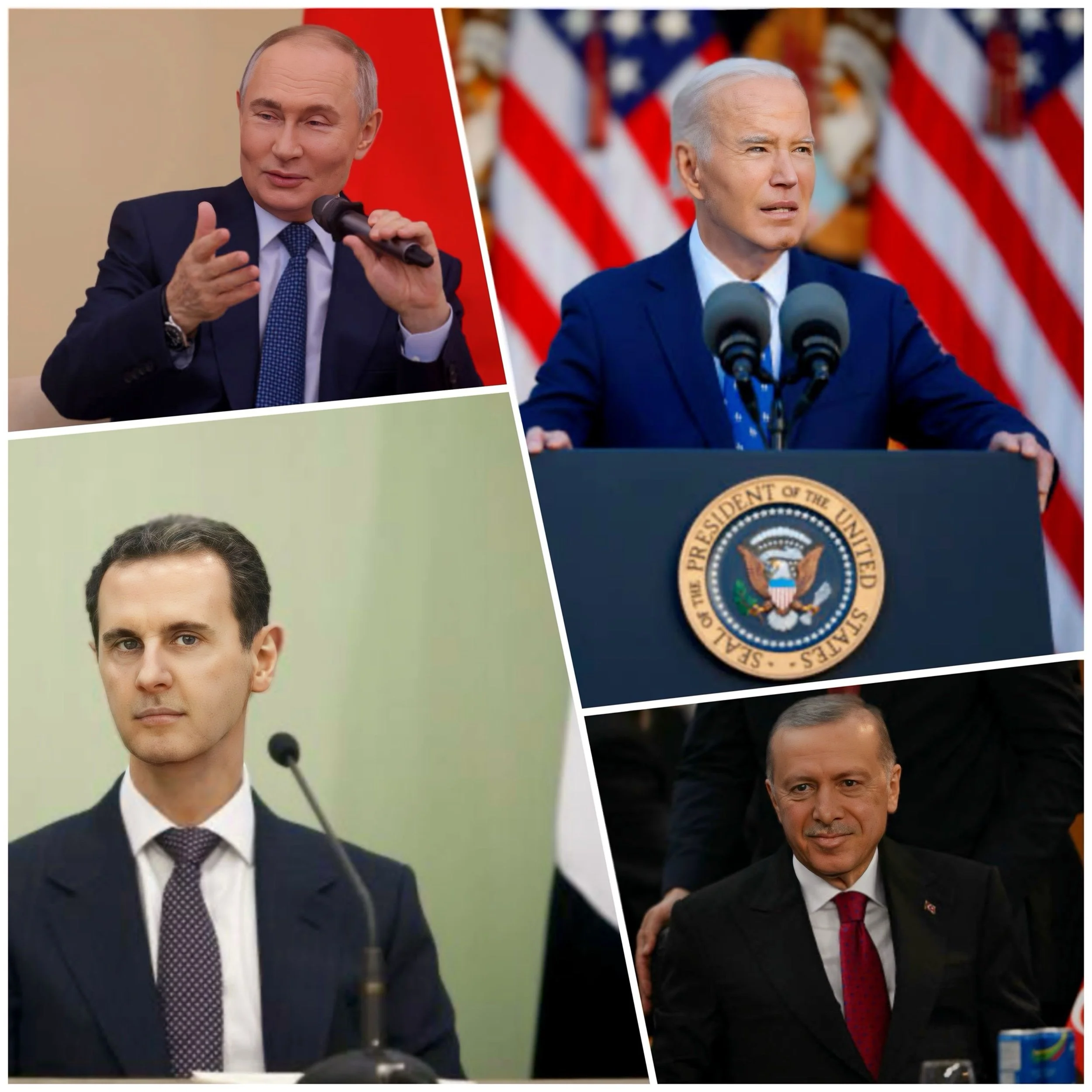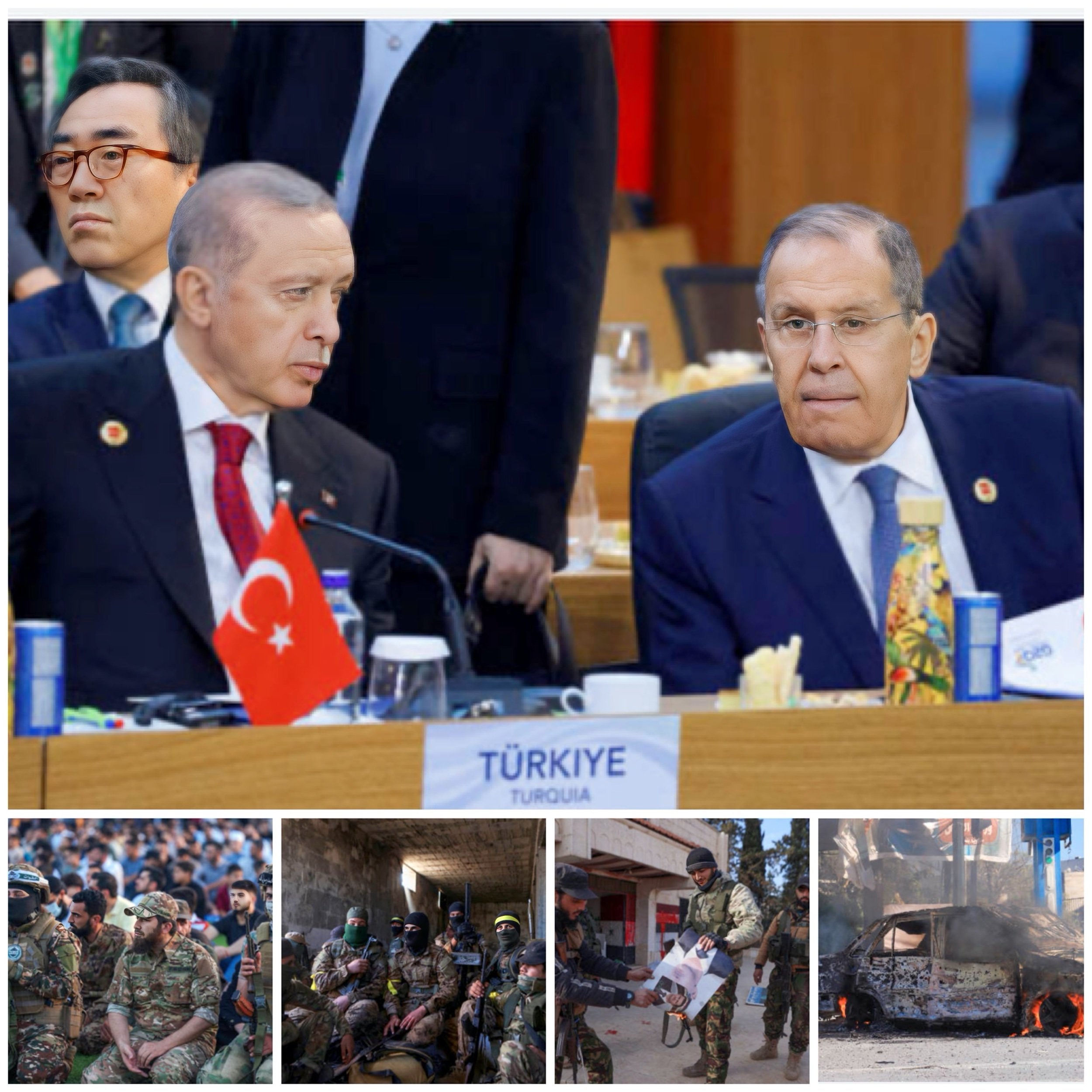Turkey is on a path of creating rift with EU, America, Russia, Iran and Israel
Introduction
Turkey’s foreign policy in recent years has indeed created a complex and often tense relationship with multiple global powers, including the European Union, United States, Russia, Iran, and Israel. This approach has been characterized by strategic shifts and sometimes contradictory actions that have left its allies and partners uncertain about Turkey’s long-term intentions and reliability.
What does Turkey want in Syria
Turkey’s primary goal in Syria is to neutralize what it perceives as the Kurdish threat along its southern border:
Ankara aims to marginalize Kurdish groups in Syria, particularly the PYD/YPG, which it considers an offshoot of the PKK.
Turkey wants to push Kurdish forces away from border areas and dismantle the autonomous Kurdish enclave in northern Syria.
The Turkish government hopes to eliminate the cross-border threat posed by the U.S.-supported Syrian Democratic Forces (SDF), which it views as affiliated with the PKK.
Relations with the European Union and United States
Turkey's relationship with its traditional Western allies has grown increasingly strained in recent years. The once-prominent prospect of EU membership, which served as a significant impetus in Turkish politics, has considerably diminished. Nevertheless, the European Union has expressed a desire to continue supporting Turkey in managing Syrian refugee issues by offering €1 billion in aid.
Turkey's actions in the Eastern Mediterranean, alongside its position on matters such as Cyprus, have contributed to rising tensions with EU member states. Additionally, persistent U.S. support for the YPG in Syria remains a major point of contention for Turkey. Recently, Turkish-supported Syrian National Army (SNA) forces reportedly killed five members of the Syrian Democratic Forces (SDF). Furthermore, Turkey has been accused of violating the cease-fire agreement in Manbij.
Current discussions within the U.S. Congress indicate a willingness to impose sanctions on Turkey. As a result, Turkey must exercise caution in its actions in Syria while maintaining its alliance with the U.S. and the SDF. Any misstep could have significant repercussions for its foreign policy.
Turkey's acquisition of the Russian S-400 missile defense system resulted in its removal from the F-35 fighter jet program. However, Turkey's subsequent military actions in Syria have strained its relationship with Russia, prompting the Kremlin to relocate its military base to Libya, in response to Turkey's maneuvers.
Despite these challenges, there are indications of potential cooperation, such as Turkey's involvement in mediating prisoner exchanges between Russia and the U.S. However, this topic has become less relevant in light of Turkey's deteriorating relations with both Russia and the United States.
Dynamics with Russia and Iran
While Turkey has maintained ties with Russia and Iran, recent events have complicated these relationships
Turkey’s support for Ukraine’s defense after Russia’s 2022 invasion and limitation of Russian naval access to and from the Black Sea has increased tensions with Moscow.
The collapse of the Assad regime in Syria has weakened both Russian and Iranian influence in the region, potentially benefiting Turkey.
However, Turkey’s attempts to consolidate influence over post-Assad Syria may lead to further friction with both Russia and Iran.
Shifting Stance on Israel
Turkey’s position towards Israel has been particularly volatile. Both Israel and Turkey are pointing fingers on each other on occupation of Syria land.
Relations have fluctuated dramatically, from close cooperation to severe diplomatic crises.
The October 7, 2023 Hamas attack on Israel led to a sharp deterioration in relations, with Turkey suspending trade with Israel.
Turkey’s leadership has been taking increasingly strong positions in the Hamas-Israel conflict, declaring Hamas “not a terrorist organization but a liberation group”.
President Erdoğan even alluded to sending troops to defend Gaza against Israel.
Strategic Ambiguity and Implications
Turkey’s approach can be seen as a form of strategic ambiguity
President Erdoğan often employs strong rhetoric for domestic consumption while maintaining pragmatic economic ties.
Turkey has positioned itself as a potential mediator in regional conflicts, such as between Russia and Ukraine.
This balancing act allows Turkey to maintain flexibility in its foreign policy but often at the cost of clarity and consistency.
The consequences of Turkey’s approach include increased skepticism from traditional allies about Turkey’s reliability and growing isolation in certain diplomatic spheres. However, it also reflects Ankara’s attempt to navigate a complex geopolitical landscape and potentially increase its regional influence.
Conclusion
Turkey’s foreign policy has indeed created rifts with multiple global powers, it also reflects Ankara’s ambition to position itself as a key player in the region. The challenge for Turkey moving forward will be to balance its strategic interests with the need for stable and predictable relationships with key international partners.






